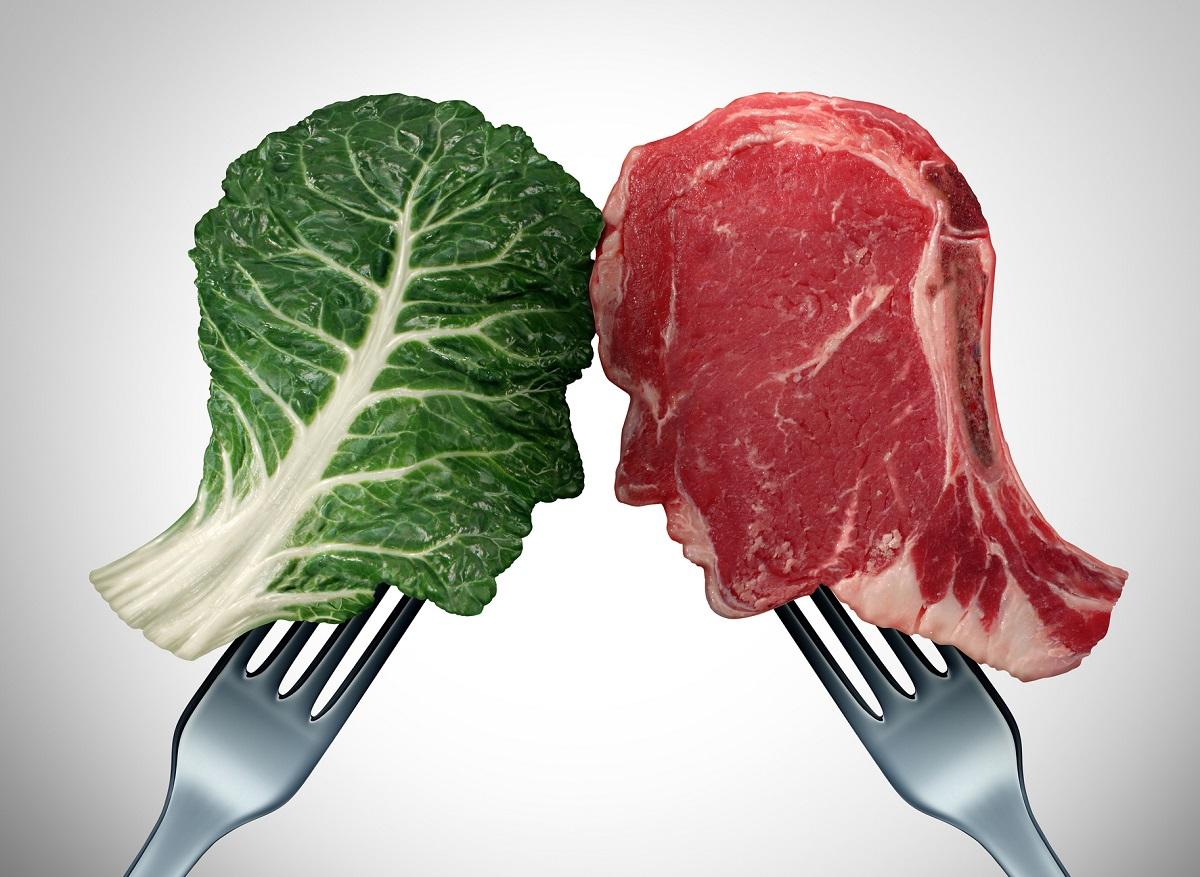Ketogenic and Paleolithic diets are both low in nutrients and have a high carbon footprint.

- Ketogenic and Paleolithic diets contain fewer vitamins.
- The ketogenic diet generates nearly 3 kg of carbon dioxide per 1,000 calories and the Paleolithic diet generates 2.6 kg of carbon dioxide per 1,000 calories.
- The pescetarian diet obtained the highest score in terms of nutritional quality.
“The carbon footprints of vegetarian, pescetarian and other popular diets have been examined before, but mostly in the form of idealized and modeled versions to meet dietary recommendations. Less is known about the carbon footprints of popular diets as consumed by adults and therefore the potential compromises on the quality of the diet”, wrote researchers from Tulane University (USA) in work published in the journal The American Journal of Clinical Nutrition.
In this study, scientists compared popular diets both in terms of nutritional quality and environmental impact. To do this, they compiled the scores of diets (vegan, vegetarian, pescetarian, paleolithic, ketogenic, etc.) in terms of quality. The authors used data from more than 16,412 adults, who responded to a US survey between 2005 and 2010. “Average daily greenhouse gas emissions were calculated for each diet,” the team said.
Diets: lower scores for nutritional quality
According to the results, the ketogenic and Paleolithic diets had the lowest scores for overall nutritional quality because they contained fewer vitamins than the others. As a reminder, the ketogenic diet aims to reduce carbohydrate intake and increase fat and protein consumption. As for the Paleolithic diet, it consists of favoring proteins, plants and oilseeds and avoiding dairy products, cereals or even processed foods.
In addition, these two diets had the highest results in terms of carbon emissions. According to the researchers, the ketogenic diet generates nearly 3 kg of carbon dioxide for every 1,000 calories consumed. The Paleolithic diet also has a high carbon footprint, with 2.6 kg of carbon dioxide per 1,000 calories.
The pescetarian diet would be the healthiest
Scientists found that the vegan diet was found to have the least impact on the climate, generating 0.7 kg of carbon dioxide per 1,000 calories consumed, less than a quarter of the impact of the ketogenic diet. According to the team, the pescetarian diet scored highest in nutritional quality. “But the diets, excluding the consumption of all animal products, have a lower carbon footprint than other popular diets, including the ketogenic and Paleolithic diets,” can we read in the works.
“Climate change is arguably one of the most pressing issues of our time, and many people want to switch to a diet that excludes the consumption of all animal products. Our findings show that this would reduce your footprint and would be healthier. Our research also shows that there is a way to improve your health and your footprint without giving up meat entirely.” said Diego Rose, author of the research, in a statement.















